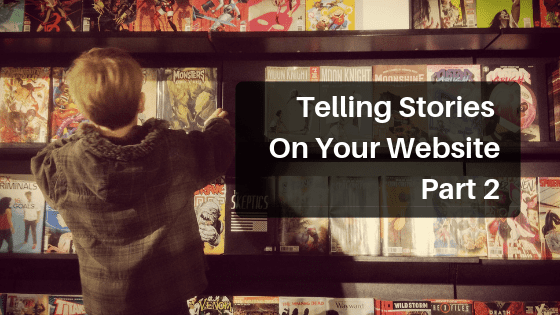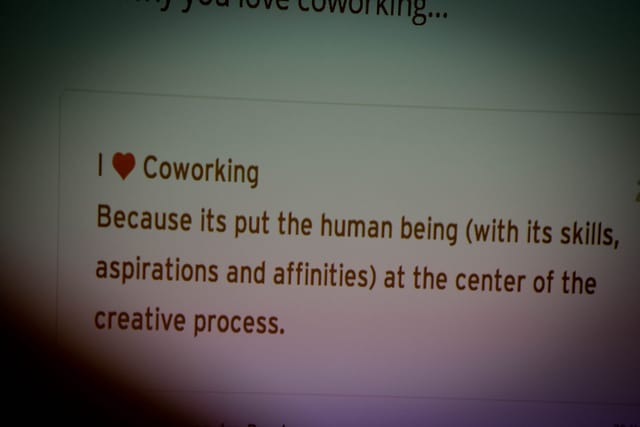
Why you need to make your reader the hero of your story and NOT you!
Look I’m just so great at this story stuff!
You will want to know how great I am, so just read on…
DOES NOT make you want to read on. Because it is all about me and does not solve your problem, let alone spark interest.
I certainly get a little vomit in my mouth when people describe themselves by boasting, bragging and telling people why you are the ‘biggest’, ‘best’, ‘largest’ or ‘leading’.
Maybe I’m just too paranoid, or my bullshit detector is hypersensitive, but as soon as some starts to tell me, they are the biggest or largest event want to rip my eyelids off and use them as earplugs.
Around ten years ago when I ran small business breakfast networking meetings in London, a super £ucking smart chap turned up one day and said,
“If you still think using words like ‘global’, ‘solutions’, ‘leading’ and ‘full service’ on your literature and website is the way to go give up now!”
That was TEN YEARS ago, and I still see people getting off on using these words, I just assumed after five years people would get it?
In the Coworking industry, people are obsessed with the words, Community, Innovation and Creativity my favourite shithead game to play is to ask space owners and community managers what they mean and why they chose those terms for there website.
People Take Action From Words
And this applies to those of us writing personal, hobby and third sector blogs not just ‘commercial’ blogs.
In this session, we’ll discuss ‘story’ and how to handle it on a website setting like most of us will be writing.
We looked at a few ways to explain it, including of course Campells “Heros Journey.”
The one that works best is in Donald Miller’s book ‘Story Brand‘ so we’ll work through that together:
Outline For The Story Brand Frame Work
1. A Character – Who’s your audience? Demographic? Psychographic? What do they want?
2. Has a Problem – Who’s their villain? What do they need to solve to move forward? What internal struggles are they going through? Is there a broad, philosophical idea that connects with the rest of their lives?
3. Who meets a guide – How can you show empathy? How can you show authority? Why should they trust you?
4. Who gives them a plan – what’s the plan you’re offering? What are the steps? What’s the agreement you’re making?
5. And calls them to action – what do they need to do to get on board?
6. That results in success – What kind of success will they receive with your help?
7. Or failure – What could happen if they don’t enlist your help?
https://www.meetup.com/londonbloggersmeetup/events/ntqqqqyzhbkb/

